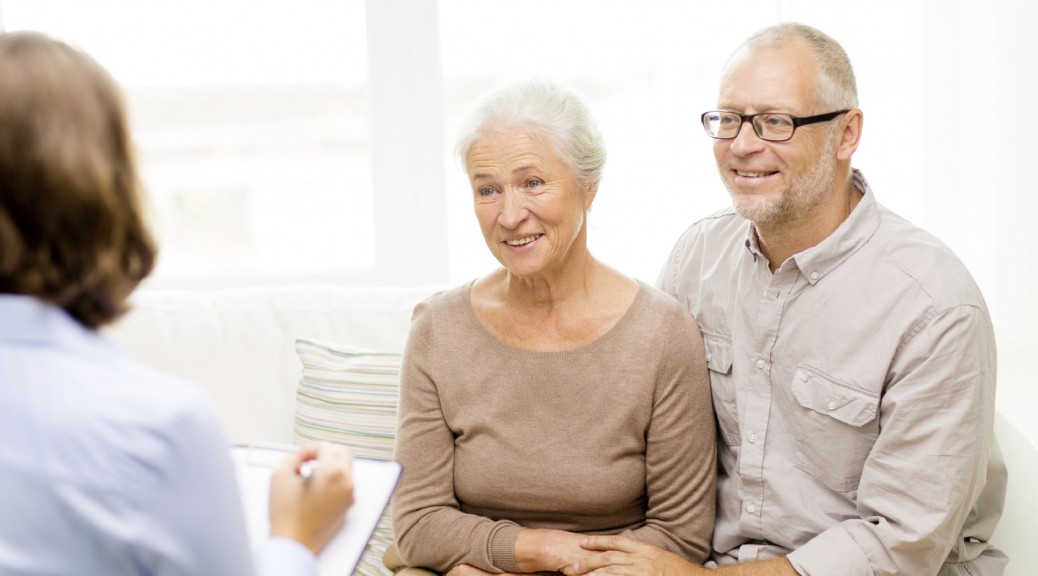Already known as neighborhood sources of knowledge, seniors’ wisdom is even more apparent in their enthusiasm to add to that knowledge at two Money Matters for Seniors events.
“Our first event was very successful,” said Meg Elseroad, a Southeast Community Development Corp. housing counselor, noting that nearly 100 seniors attended the first.
Held July 6 at the Henderson-Hopkins school in East Baltimore and July 21 at the Clarence “Du” Burns Arena in Southeast Baltimore, the events were billed as “one-stop shops” for seniors’ financial needs.
“We’re really trying to make seniors aware there are services available to them, and we’re also trying to make those services more accessible,” explained Elseroad, whose expert knowledge of reverse mortgages has put her in frequent contact with the demographic. “We are trying to help them stay in their homes and keep their homes.”
Seniors, she said, face a number of challenges less common to younger people, including living on fixed incomes – “low-to-moderate fixed incomes.”
According to the Maryland Department of Aging, 40 percent of the state’s low-income seniors live in Baltimore City, with more than 27,000 of them struggling to pay monthly bills.
That coupled with other factors, including scammers on the phone or at the door and pitiless utility bills, can mean dire consequences for a senior living without a savvy spouse or nearby family.
“We picked up on the need,” Elseroad said. “I have been seeing seniors, even without reverse mortgages, in foreclosure.”
In many cases, smaller problems – a missed water bill, for example – lead to bigger problems.
“You see a client for one thing, and then you find out a whole bunch of other stuff is going on,” Elseroad said. “Some people really get into a tangled mess.”
Money Matters for Seniors – presented in partnership by the Southeast CDC, the Maryland Consumer Rights Coalition and Neighborhood Housing Services of Baltimore – gave seniors the tools to navigate those “messes,” or avoid them in the first place.
“It’s a time for them to socialize, eat lunch and talk to people from different agencies,” Elseroad said.
The events – funded by BB&T – included information on scam protection, tax credits and benefits eligibility.
“That’s the key component of these events – helping seniors learn what they’re eligible for,” Elseroad said. “There’s a utility discount for people below a certain income level, but they don’t always know about it.”
HUBS, or Housing Upgrades to Benefit Seniors, is another best-kept secret. Funded by the Leonard and Helen R. Stulman Charitable Foundation and the Hoffberger Foundation, HUBS coordinates housing services for seniors in Baltimore.
In the Southeast, Meals on Wheels of Central Maryland and Banner Neighborhoods are providing the services.
“I have referred several people there,” Elseroad said. “It’s comprehensive.”
HUBS social workers and staff visit clients assess their home improvement needs as well as refer them to other available services.
Elseroad noted that one reason for increased outreach to seniors is more seniors.
“We have the young-old, from 65 to 75 or 80, and then we have the 85- to 100-year-old people,” she said. “People are living longer, and the baby boomers are coming up now. They’re going to be a force to be reckoned with.”
